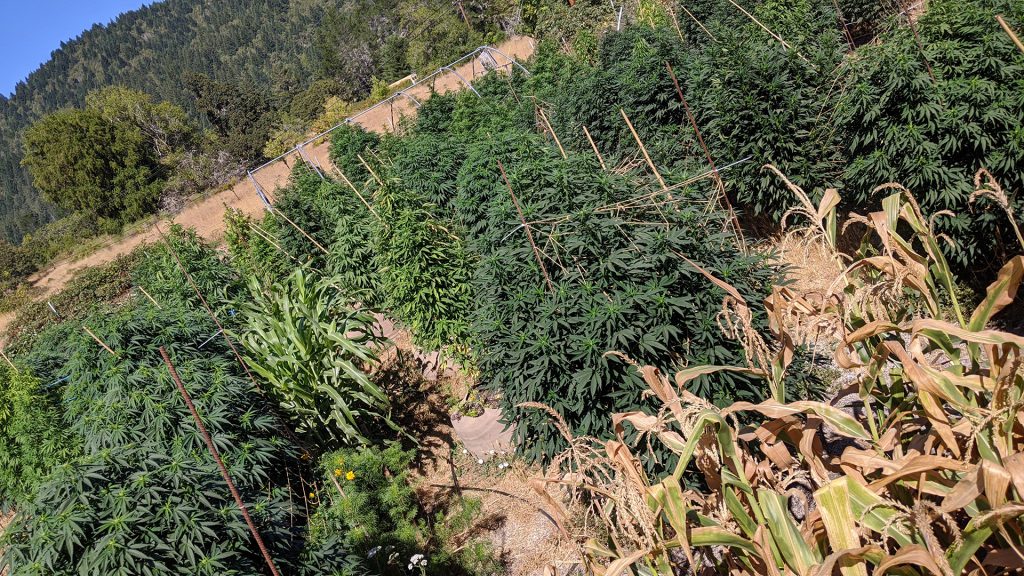Unveiling the Marvels of Biodynamic Farming: A Sustainable Agricultural Revolution
In the quest for a greener and more sustainable future, biodynamic farming emerges as a beacon of hope. Developed in the 1920s by Austrian philosopher Rudolf Steiner, this holistic approach to agriculture has been gaining momentum, proving itself as a promising alternative to conventional farming methods. Combining spiritual principles with ecological practices, biodynamic farming embodies a harmonious relationship between nature and humanity. Let’s explore the fascinating benefits that make biodynamic farming a revolutionary force in the agricultural world.
Preserving Biodiversity:
Biodynamic farming emphasizes biodiversity, recognizing the crucial role of various plants, animals, and microorganisms in maintaining a balanced ecosystem. Through crop rotation, companion planting, and promoting natural habitats, biodynamic farms become havens for diverse life forms. This approach fosters resilience against pests and diseases, reducing the dependence on harmful chemicals.
Nourishing the Soil:
The foundation of biodynamic farming lies in nourishing and regenerating the soil. By using compost, green manure, and herbal preparations, farmers enhance soil fertility and structure. This results in healthier crops, better water retention, and reduced erosion, ensuring the land remains fertile for generations to come.
Sustainable Resource Management:
Biodynamic farming champions self-sufficiency by relying on the farm’s resources. Closed-loop systems minimize waste and energy consumption. Natural materials, such as cow horns and plant-based compost, are used to prepare the soil, promoting sustainability at every level.
Enhancing Food Quality:
Biodynamic produce is celebrated for its exceptional taste and nutritional value. Studies suggest that biodynamically grown crops have higher nutrient levels compared to conventionally grown ones. Consumers relish in the knowledge that they are consuming food free from harmful synthetic chemicals.
Honoring Ethical Principles:
Biodynamic farmers adhere to ethical principles, treating livestock with utmost respect and dignity. Animals are allowed to roam freely, leading to healthier and happier lives. The symbiotic relationship between animals and crops further enhances the ecological balance.
Climate Change Resilience:
In the face of climate change, biodynamic farming showcases resilience. By diversifying crops and implementing carbon-sequestering practices, biodynamic farms act as carbon sinks, contributing to climate change mitigation.
Nurturing Spiritual Connection:
Beyond ecological benefits, biodynamic farming acknowledges the spiritual dimension of agriculture. By following the cosmic calendar, farmers synchronize their activities with celestial rhythms, enhancing the energetic quality of their produce and promoting a sense of interconnectedness with the universe.
In conclusion, biodynamic farming represents a transformative shift in agricultural practices, offering a myriad of benefits to both the environment and humanity. Its holistic approach respects nature’s inherent wisdom, fostering a harmonious coexistence between human beings and the natural world. As we continue to strive for a sustainable future, embracing biodynamic farming is undoubtedly a powerful step in the right direction, nurturing our planet for generations to come.
SUNGROWN
Cherry Valley Farms cannabis is grown in 100% sunlight, without any high-powered synthetic lighting.
LEGACY
Cherry Valley Farms is a proud member of Salmon Creek Legacy Farms.
CONSCIOUSLY CULTIVATED
Our farming approach implements organic, biodynamic, and regenerative cultivation techniques in an effort to produce some of the world's highest quality cannabis.
